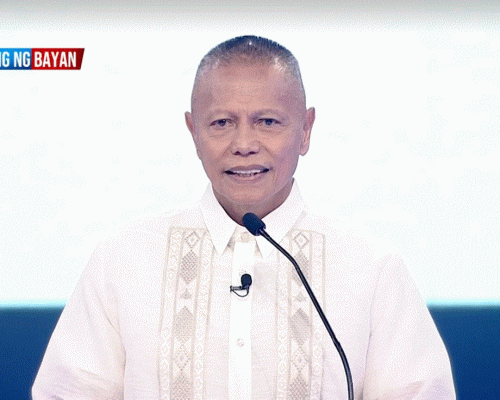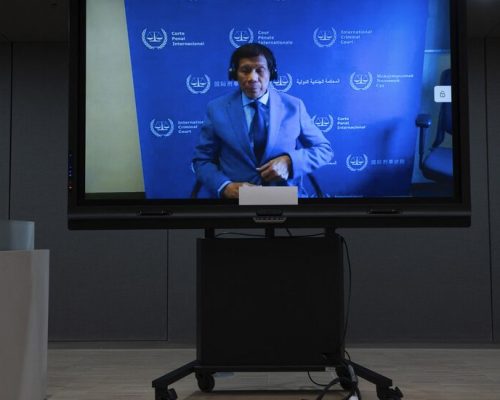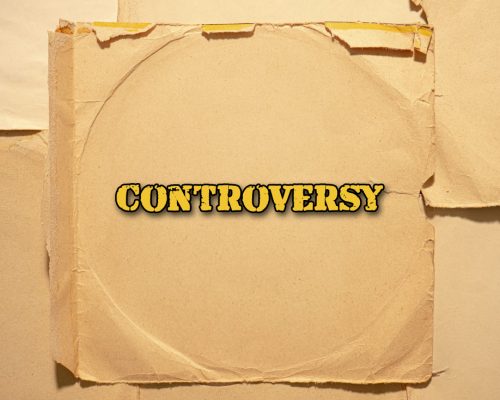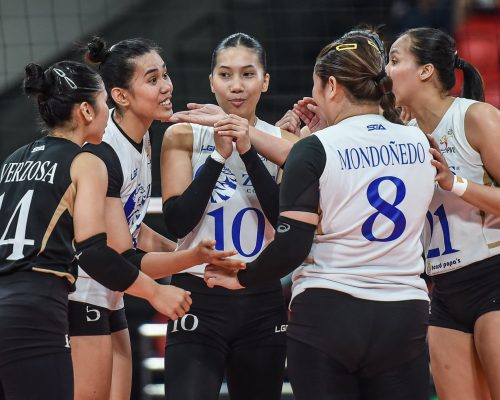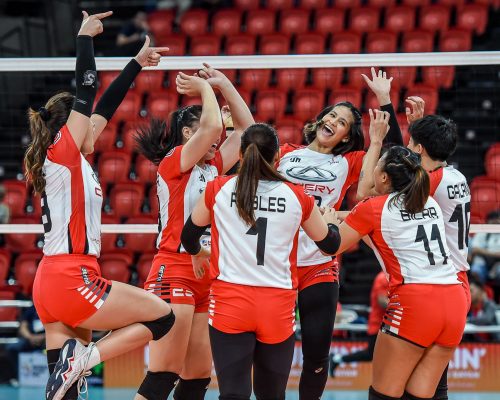BEST selling author Malcolm Gladwell popularized the idea that it takes 10,000 hours to become an expert in anything. His book “Outliers” was a New York Times’ best seller and a revelation to a lot of people.
In “Outliers,” Gladwell discusses the 10,000-hour rule, which he said was based on Swedish psychologist Anders Ericsson’s research and argues that it takes roughly 10,000 hours of deliberate practice to achieve mastery in a particular field.
Gladwell uses examples from a wide range of fields, including music, sports, and business, to illustrate how this rule applies to real-world situations.
While “Outliers” has been widely read and popularized the idea of the 10,000-hour rule, it’s important to note that the book has also been criticized for oversimplifying Ericsson’s research by the man himself.
”Although our research showed that an extended period of training and practice was required for attaining international-level performance, there was no evidence for a magical number,” Ericsson said in an article written for frontiersin.org.
The book was also questioned for promoting a deterministic view of success that ignores other factors such as luck, social class, and access to resources.
Nevertheless, the book has had a significant impact on popular culture and has helped to bring attention to the importance of deliberate practice in achieving mastery.
Anders Ericsson’s study
Ericsson’s research challenged the idea that innate talent was the primary factor in determining one’s level of skill.
Instead, he argued that expertise was primarily the result of deliberate practice and that most people could achieve a high level of performance in a particular area if they were willing to put in the time and effort.
In his study of expert performers, Ericsson found that it was not simply the amount of time spent practicing that led to expertise, but the type of practice that was done.
He found that expert performers engaged in a type of practice that was highly focused, deliberate, and goal-oriented.
Specifically, Ericsson found that expert performers engaged in what he called “deliberate practice,” which involves activities that are designed to improve performance, that are repeated and require concentration, and that provide immediate feedback.
This type of practice is different from regular, repetitive practice, in that it is more challenging and involves pushing beyond one’s current level of performance.
Putting the work in and having the right perspective
It is important to note that 10,000 hours is not a hard and fast rule. Some skills can be learned faster and others longer. What’s important are the dedication and the joy you bring to anything you are trying to be good at.
Don’t count the hours but instead find the passion in what you do to become extraordinary.




